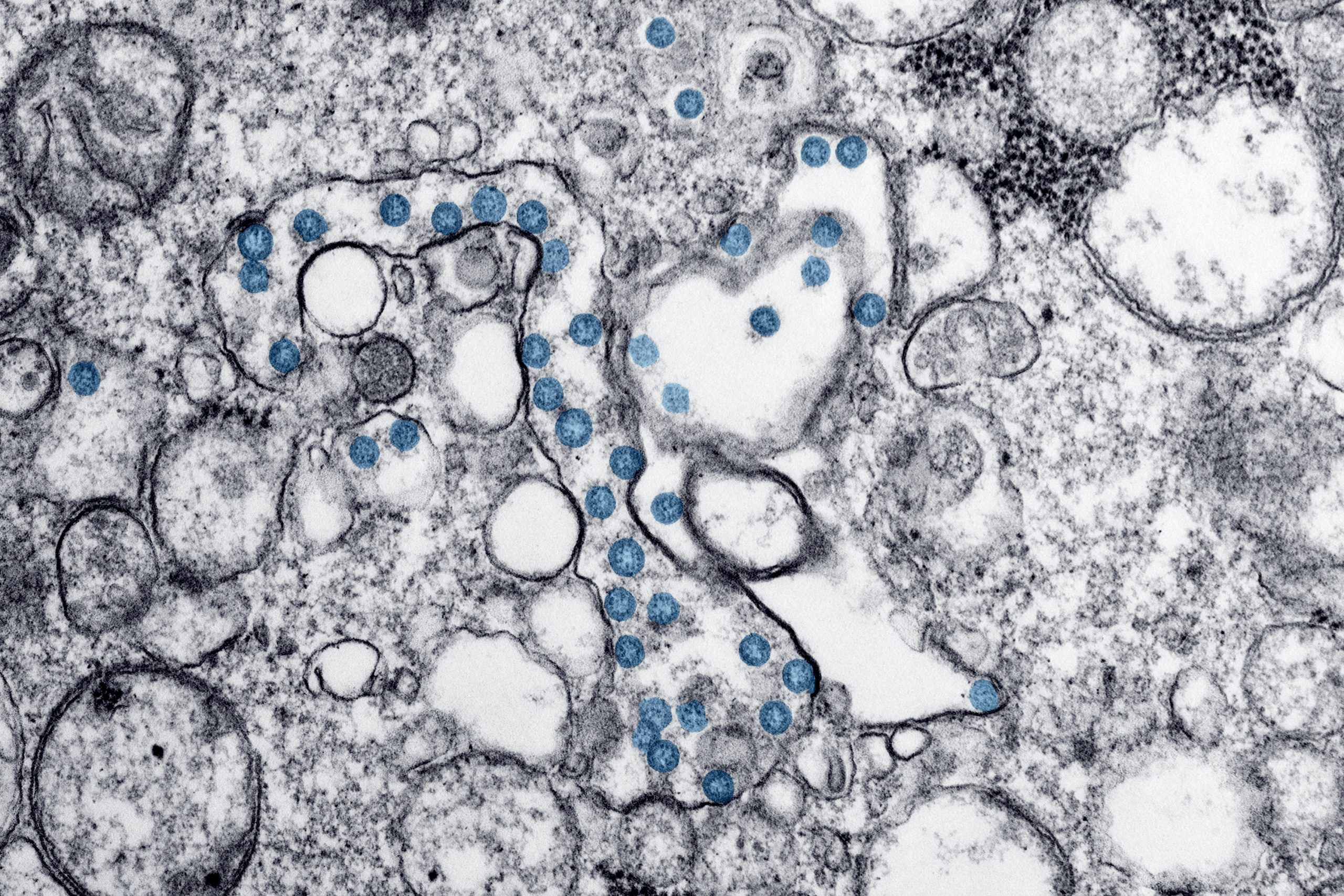Healthcare Associated Infections & Infection Prevention
PI: Matthew Ziegler, MD, MSCE
Study Dates: 02/01/2020 – 12/31/2025
Funding Source: NIH / NIAID
Title: Impact of Early Gut Microbiome Features on Risk of Neutropenic Fever and Bloodstream Infection in Hematologic
Area of Focus: Healthcare-associated Infection; Immunocopromised; Oncology
Specific Aims: This project aims to identify predictors of neutropenic fever and bloodstream infections among patients receiving treatment of hematologic malignancy through longitudinal assessment of the gut microbiome and measures of mucosal integrity and inflammation.
PI: Ebbing Lautenbach, MD, MPH, MSCE
Study dates: 9/1/22 – 8/31/25
Funding source: CDC
Specific Aims:
Aim 1: To identify risk factors for colonization or infection with colR-CRE in LTACH patients; Aim 2: To evaluate the impact of colR-CRE colonization or infection on mortality in the LTACH setting; Aim 3: To use whole-genome sequencing to prospectively evaluate colR-CRE isolates from a regional network of LTACHs with a high baseline prevalence of CRE.
Study Dates: 4/01/2017 – 06/30/2020
Funding Source: Gift of Life Donor Program
Area of Focus:
Opioid epidemic; MDROs; solid organ transplantation; donor-derived infections
Specific Aims:
1. Determine the impact of injection drug use among organ donors on donor culture positivity.
2. Determine the impact of injection drug use among organ donors on risk of post-transplant recipient infection.
Site PI: David Pegues, MD
Study dates: 4/2019-3/2023
Funding source: AHRQ
Area of focus:
Prevention of healthcare-associated bloodstream and access device-associated infections among hemodialysis patients
Specific Aims:
Aim 1: Assess whether nasal povidone-iodine decolonization reduces infections among hemodialysis patients using a multicenter, stepped-wedge cluster randomized trial.
Aim 2: Evaluate patient satisfaction with nasal povidone iodine decolonization, assess its role in patient activation, and assess barriers and facilitators to implementation using patient surveys.
Aim 3: Examine healthcare worker satisfaction with implementation of nasal povidone-iodine decolonization and assess barriers and facilitators to the process via qualitative interviews and site visits.
PI: Ebbing Lautenbach, MD, MPH, MSCE
Project Lead: Katie Chiotos, MD, MSCE
Study Dates: 6/1/2021-5/31/2025
Funding Source: CDC
Title: Reducing Empiric Vancomycin Administration in Pediatric Sepsis
Area of Focus:
Antimicrobial stewardship, sepsis, intensive care unit
Specific Aims:
- Aim 1: Quantify baseline vancomycin overuse in children with suspected sepsis in four tertiary care PICUs.
- Aim 2: Identify barriers and facilitators to de-implementation of routine vancomycin use via a mixed-methods process evaluation.
- Aim 3: Develop a multifaceted de-implementation strategy to reduce empiric vancomycin overuse in children with suspected sepsis.
- Aim 4: Measure the impact of the intervention on overall vancomycin use in the PICU at four tertiary care children’s hospitals.
PI: Ebbing Lautenbach, MD, MPH, MSCE
Study Dates: 12/31/20 – 12/30/21
Funding Source: NA
Area of Focus: Healthcare-associated infection; COVID
Specific Aims: This project addresses the epidemiology of, and risk factors for, secondary infection and multidrug-resistance organism colonization and infection in long term acute care hospital patients with recent COVID-19 infection.
PI: Ebbing Lautenbach, MD, MPH, MSCE
Study Dates: 06/01/21 – 05/31/26
Funding Source: CDC
Area of Focus:
Healthcare-associated Infections; Microbiome Research; C. Diff;
Specific Aims: The projects proposed in this application seek to build on the strong foundation established by core and collaborative projects conducted by the Penn-CHOP investigators over the past 5 years.
Study dates: 2022 – 2027
Funding source: NIAID, NIH
Area of focus: Hospital Epidemiology, Staphylococcus aureus, Infection Control, Molecular Epidemiology
Specific aims:
The proposed S. aureus Study of Prevalence, Resistance, and Environmental Dissemination
(SPREAD) relies upon fine genetic discrimination of S. aureus strains with whole genome sequencing (WGS).
WGS data provide the resolution to define a population of a specific clonal variant that colonizes an individual
or that make up linked clusters of colonizing or infecting isolates in more than one person. WGS provides data
on the evolution of pathogens over short and long timescales, mechanisms of antimicrobial resistance, and
the root causes of virulence. SPREAD includes two discrete data collections. In the first, we will study the
transmission dynamics and pathogenic potential of S. aureus in a large cohort of subjects admitted to two
units at a US university hospital over two years. We will detect all S. aureus strains on four body sites and any
infected sites of admitted subjects in the study units, which enhances detection of colonization compared with
nares testing alone. We will test subjects every 7 days and on discharge for new S. aureus acquisition and
assess S. aureus contamination of fomites in unit common areas and colonization of workers on study units.
Using WGS of colonizing and infecting S. aureus, we will determine patient and microbial risk factors for S.
aureus acquisition. Then we will investigate any spread of colonizing strains, determining routes of spread on
the units for each strain isolated from >1 subject. In the second data collection for SPREAD, we will perform
WGS and examine for clustering all S. aureus isolates from infections from two hospitals for two years. We will
compare the genomes of strains that spread to those that did not. We hope to determine markers of
hospital endemicity in S. aureus to optimize preventive measures for S. aureus hospital infections.
Project Lead: Matthew Ziegler, MD, MSCE
Study Dates: 06/01/21 – 05/31/26
Funding Source: CDC
Areas of Focus:
Healthcare-associated infections; C. diff
Specific Aims:
1. Determine the impact of the Screening and Targeted Prophylaxis (SToP) protocol on risk of in-hospital and 90-day CDI among subjects admitted for SOT, HCT, or induction chemotherapy. 2. Determine the impact of the SToP protocol on risk of in-hospital and 90-day VRE infection among subjects admitted for SOT, HCT, or induction chemotherapy. 3. Determine the risk factors for C.difficile colonization among subjects admitted for SOT, HCT, or induction chemotherapy





